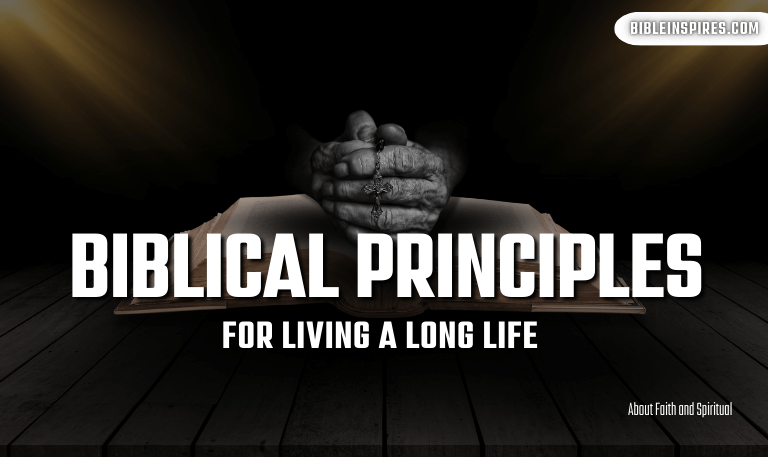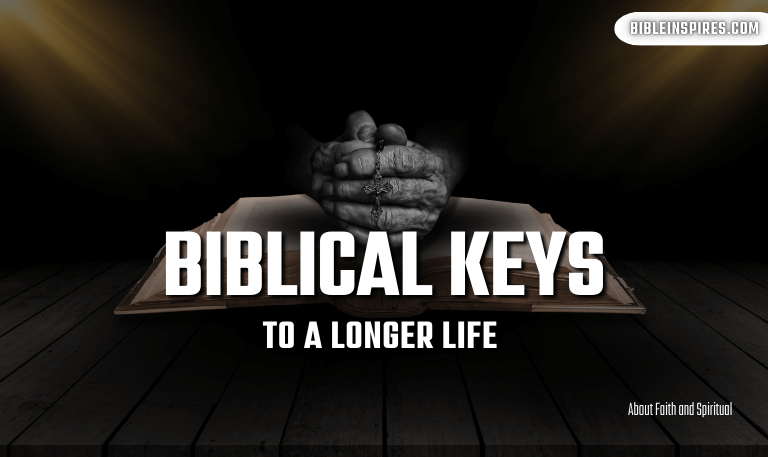Christianity, with its diverse denominations and rich history, often raises questions for those seeking to understand the differences between various churches. Among the most prominent Protestant branches are Baptists and Methodists. Though both share core Christian beliefs, their theological emphases, practices, and traditions differ significantly. In this comprehensive guide, we will explore Baptist vs Methodist distinctions in theology, worship, governance, and more — providing clarity for seekers, believers, and curious readers alike.
Origins and Historical Background
Understanding the historical roots of both Baptist and Methodist churches sets the foundation for grasping their differences.
Baptist Church Origins
The Baptist movement began in the early 17th century during the Protestant Reformation. Baptists trace their lineage to English Separatists who rejected infant baptism and promoted believer’s baptism by full immersion. Key figures include John Smyth and Thomas Helwys, who emphasized personal faith and congregational autonomy. Baptists grew rapidly in England and later North America, becoming one of the largest Protestant groups worldwide.
Methodist Church Origins
Methodism emerged in the 18th century as a revival movement within the Church of England, led by John Wesley and his brother Charles Wesley. Methodism stressed personal holiness, social justice, and methodical Christian living—hence the name. Unlike Baptists, Methodism retained infant baptism and an episcopal church structure with ordained clergy.
Read Also: Baptist vs Presbyterian
Core Theological Beliefs
While both Baptists and Methodists share foundational Christian doctrines, their interpretations and emphases vary.
| Aspect | Baptist Beliefs | Methodist Beliefs |
|---|---|---|
| Scripture Authority | Bible as sole authority (Sola Scriptura) | Bible authoritative with tradition and reason |
| Trinity | Affirmed | Affirmed |
| Salvation | By grace through faith alone (Faith Alone) | By grace through faith, with emphasis on sanctification and works |
| Sacraments | Baptism and Lord’s Supper only | Baptism and Lord’s Supper, with sacramental grace emphasized |
| Baptism Mode | Believer’s baptism by full immersion | Infant baptism and believer’s baptism by sprinkling or pouring |
| Church Membership | Voluntary and regenerate church membership | Open membership, including infant baptism |
Baptism stands out as the clearest doctrinal difference between Baptists and Methodists.
Baptist View on Baptism
Believer’s Baptism: Baptists practice baptism exclusively for those who have personally professed faith in Jesus Christ.
Mode: Full immersion symbolizes death and resurrection with Christ.
Infant Baptism: Rejected, as infants cannot consciously believe.
Methodist View on Baptism
Infant Baptism: Accepted and widely practiced, viewed as a sign of God’s covenant.
![Baptist Vs Methodist | Beliefs & Worship Explained [2025] 6 how-are-baptists-and-methodists-different](https://bibleinspires.com/wp-content/uploads/2025/07/how-are-baptists-and-methodists-different.png)
Believer’s Baptism: Also practiced, especially for those baptized as infants who later make a personal profession of faith.
Mode: Sprinkling, pouring, or immersion are acceptable.
Why does this matter? Baptism reflects a church’s understanding of salvation, covenant, and community membership.
Worship Styles and Practices
The worship experiences in Baptist and Methodist churches can be quite different, reflecting their theology and traditions.
Baptist Worship
Focuses on preaching and biblical teaching.
Simple, non-liturgical services.
Congregational singing, often with contemporary or traditional hymns.
Communion (Lord’s Supper) is symbolic and usually infrequent.
Methodist Worship
Structured and liturgical, following a set order.
Includes prayers, responsive readings, hymns (many by Charles Wesley).
Frequent celebration of Holy Communion, often monthly.
Emphasis on personal and communal holiness during worship.
Church Governance and Organization
Governance influences church culture and decision-making.
| Aspect | Baptist Structure | Methodist Structure |
|---|---|---|
| Governance Type | Congregational autonomy | Episcopal governance with bishops |
| Leadership | Local pastors and congregational voting | Bishops, district superintendents, clergy |
| Decision Making | Local church decisions | Hierarchical, connectional decision-making |
| Accountability | To local congregation | To regional/national Methodist bodies |
Both denominations emphasize salvation by grace but differ on its nature and the believer’s role.
Baptists
Strong emphasis on personal faith and repentance as necessary for salvation.
Typically reject predestination, affirming free will.
Sanctification is an ongoing process but not usually a separate crisis experience.
Methodists
Believe in prevenient grace — God’s grace enabling free will before salvation.
![Baptist Vs Methodist | Beliefs & Worship Explained [2025] 7 are-baptist-and-methodist-the-same](https://bibleinspires.com/wp-content/uploads/2025/07/are-baptist-and-methodist-the-same.png)
Salvation involves faith, repentance, and an ongoing process of sanctification or holiness.
Emphasize free will and cooperation with grace.
Social and Ethical Perspectives
Historically and today, Baptists and Methodists have taken distinct approaches to social issues.
Baptists
Tend to emphasize individual responsibility and local church autonomy in social matters.
Views on social issues can be diverse but often conservative.
Social justice is important but less institutionalized than in Methodism.
Methodists
Strong tradition of social justice, abolitionism, and outreach.
Active in causes like poverty alleviation, education, and civil rights.
Encouraged to engage in holistic Christian living affecting society.
Global Presence and Demographics
| Denomination | Estimated Members Worldwide | Regions of Influence |
|---|---|---|
| Baptists | Over 100 million | North America, Africa, Asia |
| Methodists | Approx. 80 million | United States, UK, Africa, Asia |
Major Subgroups Within Baptist and Methodist Traditions
Baptist Subgroups
Southern Baptist Convention (largest in US)
American Baptist Churches USA
National Baptist Convention
Independent Baptists
Methodist Subgroups
United Methodist Church (largest)
African Methodist Episcopal Church
Free Methodist Church
Wesleyan Church
Each subgroup has nuances affecting worship, governance, and theology.
Similarities Between Baptists and Methodists
Despite differences, Baptists and Methodists share much in common:
Belief in the Trinity and the divinity of Jesus Christ.
Commitment to spreading the gospel.
Emphasis on the authority of Scripture.
Importance of personal faith and discipleship.
Celebration of Baptism and Communion as ordinances/sacraments.
How to Choose Between Baptist and Methodist Churches
Consider the following factors:
Theological Beliefs: Does infant baptism or believer’s baptism align with your convictions?
Worship Style: Do you prefer liturgical or non-liturgical services?
![Baptist Vs Methodist | Beliefs & Worship Explained [2025] 8 Baptist-Vs-Methodist](https://bibleinspires.com/wp-content/uploads/2025/07/Baptist-Vs-Methodist.png)
Community and Governance: Are you comfortable in a hierarchical or congregational church structure?
Social Engagement: Does the church’s stance on social justice resonate with you?
Personal Faith Journey: Visit both, experience their teachings, and prayerfully consider where you feel spiritually nourished.
Baptist Vs Methodist FAQs
Q: What is the main difference between Baptist and Methodist churches?
A: The key difference lies in baptism practice: Baptists practice believer’s baptism by immersion, while Methodists accept infant baptism and various modes.
Q: Do Baptists and Methodists share the same views on salvation?
A: Both emphasize salvation by grace through faith but Methodists stress sanctification as a continuous process, while Baptists focus on individual faith and repentance.
Q: Are Baptists and Methodists both Protestant?
A: Yes, both are Protestant denominations with roots in the Reformation.
Q: Can Methodists be baptized as infants?
A: Yes, infant baptism is a common Methodist practice.
Q: Do Baptists believe in predestination?
A: Generally, Baptists reject predestination and affirm human free will.
Q: How do Baptist and Methodist worship services differ?
A: Baptist worship is typically less formal and focused on preaching, while Methodist services follow a liturgical order with structured prayers and hymns.
Q: Which denomination is larger worldwide?
A: Baptists generally have more members worldwide, particularly due to large growth in Africa and the Americas.
Q: Can I switch between Baptist and Methodist churches easily?
A: Yes, both denominations welcome individuals transitioning between churches, though baptism views might require discussion.
Q: How are Baptist and Methodist churches governed differently?
A: Baptist churches are autonomous and governed congregationally, whereas Methodists have an episcopal hierarchy with bishops.
Q: What social causes do Methodists emphasize?
A: Methodists have a long history of social justice advocacy including poverty relief, education, and civil rights.
Conclusion
While Baptists and Methodists share much as Protestant Christians, their historical origins, baptism theology, worship styles, and governance structures set them apart. Understanding these differences deepens appreciation for Christian diversity and aids personal faith decisions. Whether drawn to the Baptist emphasis on believer’s baptism and congregational autonomy or the Methodist focus on holiness and social justice, both traditions offer rich spiritual communities committed to following Christ.
![Baptist Vs Methodist | Beliefs & Worship Explained [2025] 4 Baptist-Vs-Methodist-Beliefs-&-Worship-Explained-[2025]](https://bibleinspires.com/wp-content/uploads/2025/07/Baptist-Vs-Methodist-Beliefs-Worship-Explained-2025.png)
![How to Forgive According to the Bible [2025 Guide] 12 How-to-Forgive-According-to-the-Bible-[2025-Guide]](https://bibleinspires.com/wp-content/uploads/2025/04/How-to-Forgive-According-to-the-Bible-2025-Guide.png)

